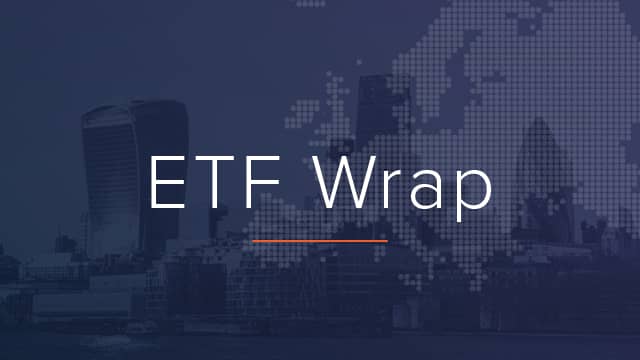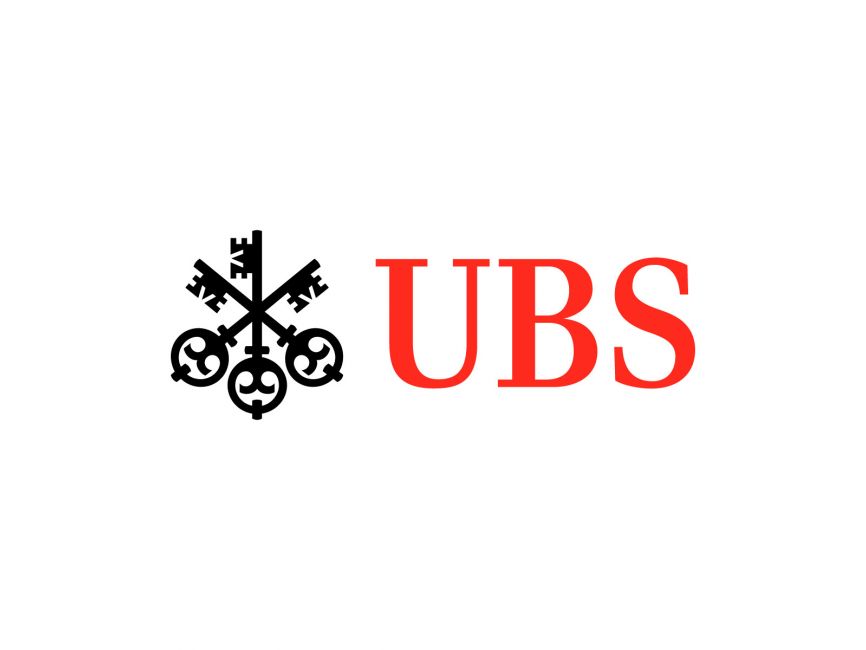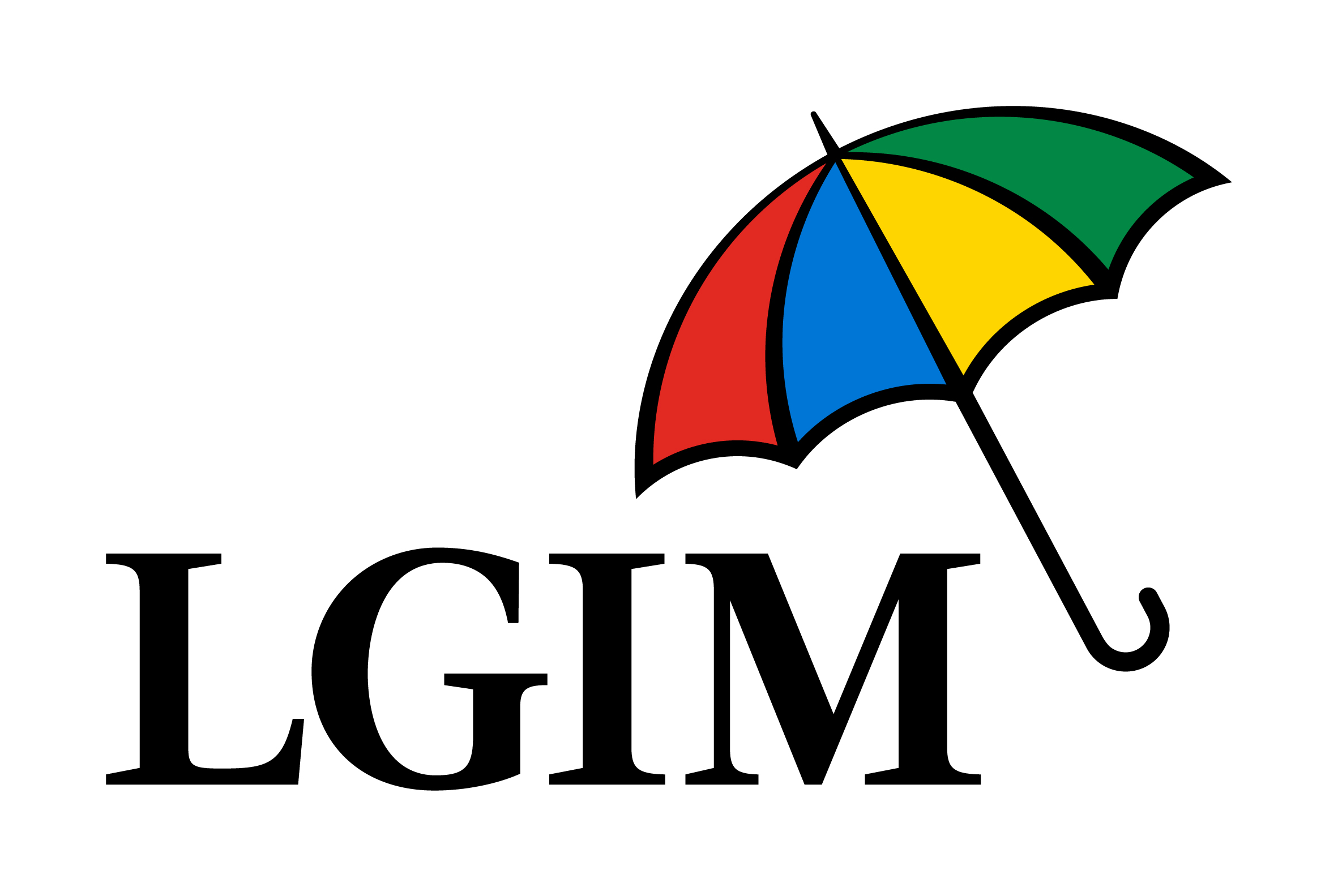UBS Asset Management issued a reminder around investor squeamishness when it comes to allocating to the world’s second-largest economy by launching an ETF that excludes China securities this week.
The UBS ETF MSCI Emerging Markets ex China UCITS ETF (EMXCN) listed on Deutsche Boerse with a total expense ratio (TER) of 0.16%.
Despite allocating to 23 countries identified by MSCI as emerging markets, EMXCN intentionally excludes the largest country in its MSCI Emerging Markets index – with China comprising almost 31% of the parent index.
While EMXCN may be a useful asset allocation tool for investors looking to counteract Sino dominance in emerging market benchmarks, its arrival also follows a period where the returns and values-based considerations of China investments have been in the spotlight.
Hopes of a reopening boom failed to materialise after two years of lockdown restrictions were lifted in China at the end of last year. The onshore MSCI China A Inclusion index shot up 10.2% in January only to reverse course – now down 9.4% so far in 2023 versus 18.3% gains for the S&P 500.
The tenuous Sino-western geopolitical backdrop was also brought into sharp focus in August as a US House of Representatives Select Committee announced it was investigating BlackRock and MSCI for facilitating $429m of investment in companies the government had blacklisted investment for supporting Chinese military advances and human rights abuses.
This follows ETF Stream expanding on findings by non-profit Hong Kong Watch and Sheffield Hallam University, uncovering 42 ETFs – nine of which were ESG or SRI labelled – investing in one of 13 Chinese companies flagged for using Uyghur forced labour, sourcing goods from suppliers using such labour or directly building internment camps.
Last November, Legal & General Investment Management (LGIM) also opted to remove ESG from the name of its China government bond ETF after facing public scrutiny. Alan Miller, co-founder and CIO of SCM Direct, accused the firm of “brazenly greenwashing and misleading investors” prior to the changes.
Between ailing equity performance in recent years, lingering human rights concerns and the Russia-Ukraine conflict underlining political frictions, there are enough talking points to make investors thoughtful about their China allocations – even if the country appears too big to ignore entirely.
These tensions go some way to explaining the arrival of EMXCN in the ‘China – thanks but no thanks’ emerging markets roster, alongside ETFs from Lyxor, Amundi and BlackRock.
Anything but vanilla oil
Amundi has continued its run of contorting its ETFs into strange positions to avoid conventional oil exposures. This week, the French asset manager announced it will completely revamp its Europe energy ETF into a global hydrogen thematic strategy.
The move will not only see a complete course change and effective end to the old product but existing investors will be invited to stay the course in a product that incorporates ESG criteria, has a fee almost twice as high and can now lend out almost half of its underlying basket.
The news comes after Amundi converted a previously Lyxor STOXX Europe 600 Oil & Gas ETF into one incorporating ESG criteria.
It appears green metrics are not limited to the ESG and impact corners of Amundi’s range. No matter the exposure, Amundi will ESG it by force.
ETF investors turn risk-off
After roaring returns in H1, flows over the past month signal European investors are beginning to take a more cautious view with their allocations for the rest of the year.
Investors pulled €1.7bn from the iShares Core € Corp Bond UCITS ETF (IEAC) and a combined €469m from the iShares $ Corp Bond UCITS ETF (LQDE) and iShares € High Yield Corp Bond UCITS ETF (IHYG).
Meanwhile, inflows amassed in more defensive plays including €357m and €279m into the Xtrackers S&P 500 Equal Weight UCITS ETF (XDWE) and Xtrackers S&P 500 Equal Weight ESG UCITS ETF (XZES), respectively.
Following the Federal Reserve’s annual Jackson hole summit last week, pundits remain convinced a ‘soft landing’ scenario should not become the implicitly accepted inevitability, with a US recession and ‘higher for longer’ on US interest rates still real possibilities.
ETF Wrap is a weekly digest of the top stories on ETF Stream




